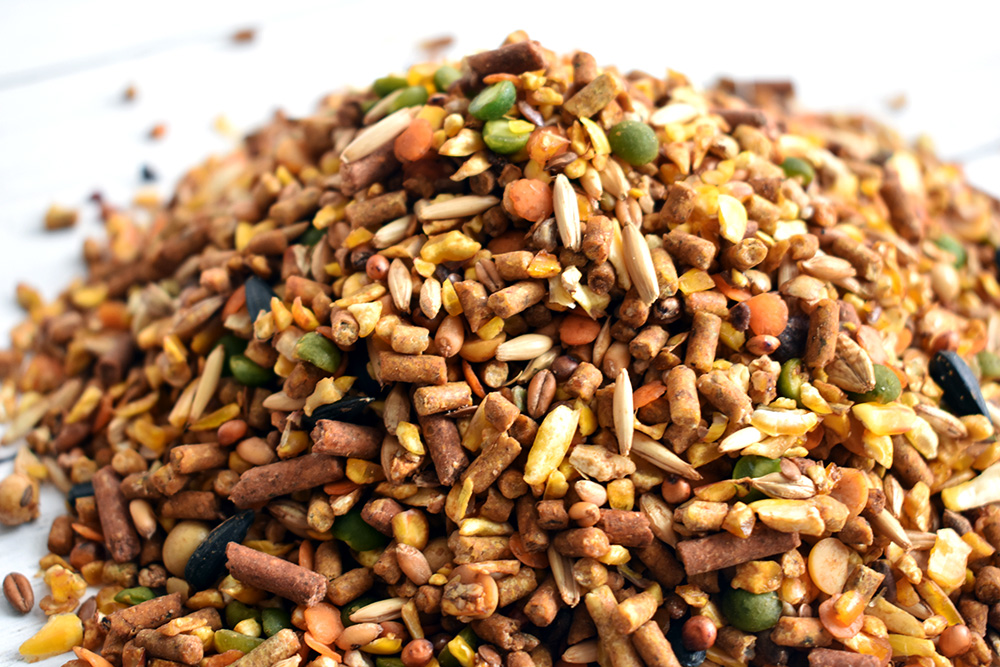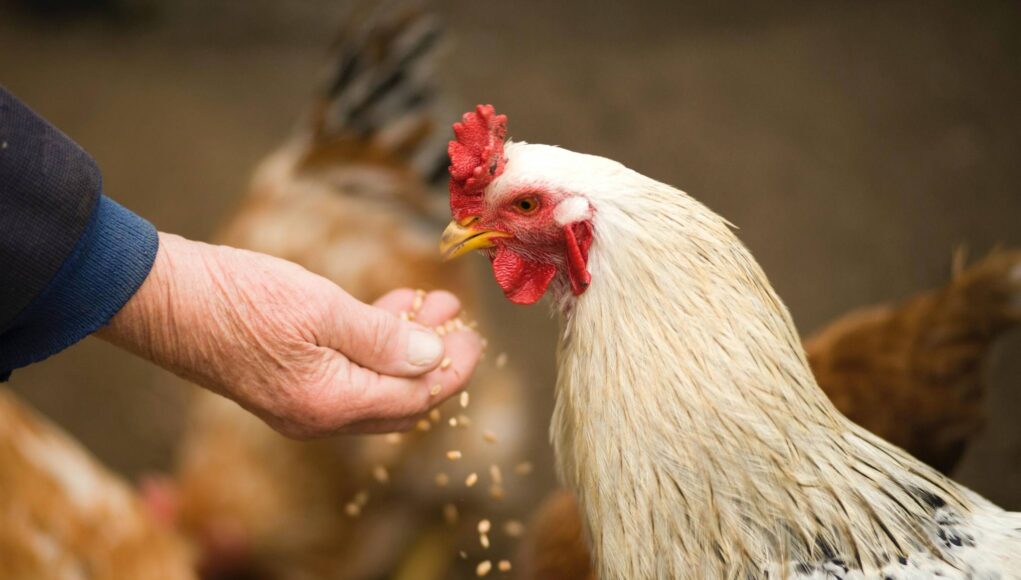Welcome, poultry enthusiasts, to our exciting guide on how to grow maggots for chicken feed. If you’ve been looking for a sustainable, cost-effective, and nutrient-rich feed for your chickens, you are in the right place. Growing maggots is not just an innovative method but also a way to ensure your chickens get top-quality protein.
In this article, I will walk you through the entire process step-by-step. We’ll explore the numerous benefits of using maggots as feed, the materials you’ll need, best practices, and how to ensure you have a continuous supply. Let’s embark on this delightful journey of sustainable farming!

Why Maggots Make Approved Chicken Feed
High Nutritional Value
Maggots are rich in protein, which is essential for the growth and development of chickens. They also contain fats and other important nutrients that contribute to healthier and more productive birds. High nutritional value is one of the biggest advantages of using maggots as feed.
Cost-Effective Solution
Growing maggots at home can significantly reduce your feed costs. Instead of purchasing expensive commercial feeds, you can utilize kitchen scraps and organic waste to produce maggots. This makes it an cost-effective solution that benefits both your wallet and the environment.
Sustainability
Feeding chickens with maggots promotes an sustainable farming cycle. You’re effectively recycling waste and contributing to an eco-friendly farm management system. This is a tremendous step towards lowering your environmental footprint.

Materials Needed for Growing Maggots
Containers and Bins
You’ll need a container or bin to house the maggots. It can be a plastic bin, buckets, or even wooden boxes. Ensure the container has good ventilation. Opt for materials that are easy to clean and won’t deteriorate quickly.
Organic Waste
Maggots thrive on organic waste such as kitchen scraps, fruit peels, and meat leftovers. This organic matter acts as food for the maggots and helps them grow healthier.
Fly Attractants
To start the maggot production, you’ll need to attract adult flies. Fish or meat parts serve as excellent attractants. The rotting smell will draw flies to lay eggs, which will later hatch into maggots.
Basic Tools
Having a set of basic tools such as gloves, netting, and perforated lids can aid in managing the maggot-growing process more efficiently.

Step-by-Step Guide to Growing Maggots
Step 1: Prepare the Container
Choose an open container with ventilation holes. Place it in a shaded area to prevent overheating. Line the container with soil or sawdust to create a comfortable environment for the maggots.
Step 2: Add Organic Waste
Layer the bottom of the container with organic waste. Old vegetables, fruit scraps, and even meat offcuts work perfectly. Be sure to mix the materials to expedite the decomposition process.
Step 3: Introduce Fly Attractants
Place fish or meat attractants on top of the organic waste to draw in flies. Cover it with a perforated lid to allow flies to access but prevent other animals from disturbing the setup.
Step 4: Wait for Egg Laying
Within a few days, flies will lay eggs on the organic waste and attractants. These eggs will hatch into maggots in approximately 2-3 days.
Step 5: Maintain Optimal Conditions
Regularly check the moisture level and temperature of the container. The environment should be warm and slightly damp but not too wet. Add water if necessary to maintain these conditions.
Step 6: Harvest the Maggots
After about a week, you will have a healthy batch of maggots ready for harvesting. Use gloves to collect them and wash them lightly to remove any debris. Transfer the cleaned maggots into a separate container for feeding.

Feeding Maggots to Chickens
Determine the Right Quantity
It’s important to regulate the amount of maggots fed to chickens to ensure balanced nutrition. Generally, maggots should make up about 10-20% of their diet.
Feeding Methods
You can feed maggots to chickens by scattering them directly on the ground or mixing them with other feed components. Observing your chickens will help you understand which method they prefer.
Ensuring Safety and Hygiene
Handling Precautions
Always wear gloves when handling maggots. This ensures hygiene and prevents any potential infection. Washing hands thoroughly after handling is also recommended.
Avoid Overfeeding
Avoid overfeeding maggots as it can lead to digestive problems in chickens. Balance is key in maintaining their overall health.
Troubleshooting Common Issues
Unpleasant Odors
If your setup starts to emit unpleasant odors, it means the organic matter is decomposing too fast. Add more dry material like sawdust to balance it out.
Insect Infestation
If other insects find their way into your container, use netting or fine mesh covers to protect your setup. Regular cleaning and maintenance can also help deter unwanted pests.
Additional Tips for Successful Maggot Farming
Regular Monitoring
Regularly check your maggot farm to ensure conditions are optimal. Adjust based on weather changes and seasonal variations.
Scalability
If you find this method highly effective, consider scaling up by setting multiple containers. Each container can have staggered planting times to ensure a continuous supply of maggots.
Conclusion
Growing maggots for chicken feed is a tremendously effective way to provide your poultry with high-quality protein. It is cost-effective, sustainable, and easy to implement. Follow the steps outlined in this guide to get started and soon you’ll see the benefits reflected in your flock’s health and productivity.
For more insights on sustainable farming and poultry care, visit Tractor Supply’s Chicken Breed Directory.
Additionally, check out our in-depth articles on related topics: breed details, jumbo layers, and tasty chickens.
FAQ
1. Is it safe to grow maggots at home?
Yes, it is safe to grow maggots at home as long as you follow the hygiene and maintenance practices outlined in this guide.
2. How long does it take for maggots to grow?
Typically, maggots take about a week to develop from eggs to a size suitable for harvesting.
3. Can maggots be the primary food source for chickens?
While maggots are highly nutritious, they should not be the sole source of food. They should supplement a balanced diet for optimal health.
As an Amazon Associate, I earn from qualifying purchases.








